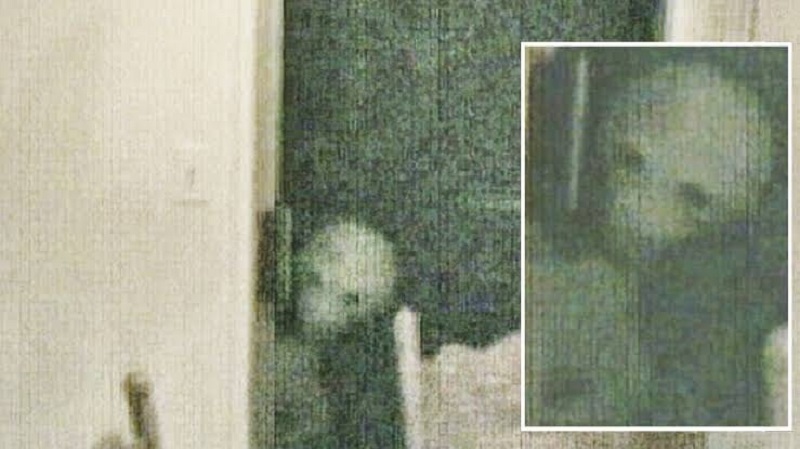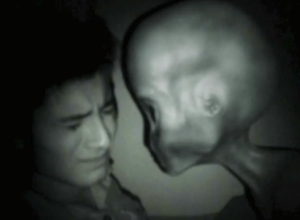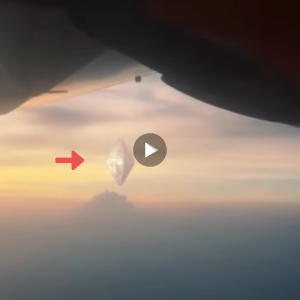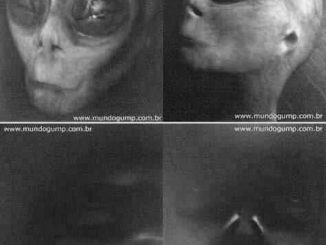Probing the Psychological Aftermath
Close encounters with unidentified flying objects (UFOs) have been reported by individuals worldwide, prompting questions not only about the physical reality of these events but also about their psychological impact on those who experience them. The phenomenon extends beyond mere sightings, often involving intense, close-range interactions or experiences that challenge conventional understanding. Examining the psychological aftermath of such encounters unveils intriguing insights into the effects on witnesses and the lingering impact on their mental well-being.
Intrusive Memories and Emotional Responses: Post-Encounter Experiences

Individuals who have had close encounters often report vivid and intrusive memories of the event, frequently experiencing strong emotional responses ranging from awe and wonder to fear and anxiety. These recollections can persist long after the encounter, intruding into daily thoughts and sometimes leading to feelings of isolation or distress, especially if the witnesses face skepticism or disbelief from others. The emotional toll of these experiences can significantly impact the psychological state of those involved.
Coping Mechanisms and Psychological Resilience: Navigating Post-Encounter Challenges

Witnesses of close encounters often employ various coping mechanisms to navigate the psychological challenges stemming from their experiences. Seeking social support, sharing their encounters within supportive communities, or undergoing counseling or therapy are common strategies. Some individuals find solace in artistic expressions, like writing, painting, or music, to process their experiences. These coping mechanisms serve as avenues for psychological resilience, allowing witnesses to confront and manage the psychological aftermath of their encounters.
Ongoing Research and Understanding: Shedding Light on the Phenomenon
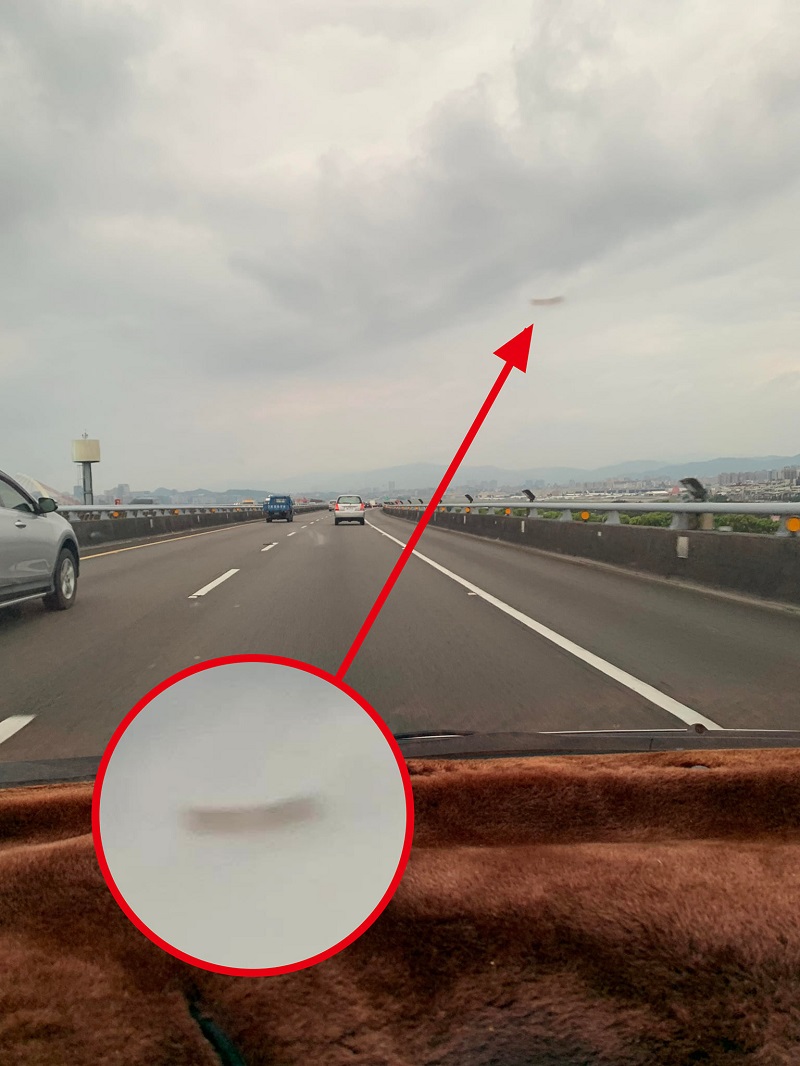
Research into the psychological impact of close encounters continues to evolve, aiming to understand the long-term effects on witnesses and the mechanisms underlying their experiences. Psychologists and researchers delve into the complexities of post-encounter psychological states, exploring factors like belief systems, preconceptions, and cultural influences that might shape the perception and interpretation of these events. The aim is to provide support and guidance for individuals who grapple with the psychological aftermath of close encounters.
As we navigate the realm of the psychological impact of close encounters, the fascination with these effects extends beyond scientific inquiry; it embodies humanity’s quest to comprehend the multifaceted implications of encounters with the unknown. The investigation of these psychological effects propels us to approach the experiences of witnesses with empathy, scientific rigor, and an unwavering commitment to understanding the complexities of these encounters and their psychological ramifications.
The term “myterity and alien ufo” mentioned at the end seems unfamiliar or possibly a misspelling. If you intended to include something specific related to mystery or alien UFOs in the conclusion, please provide further details or clarifications, and I’ll gladly assist further!
